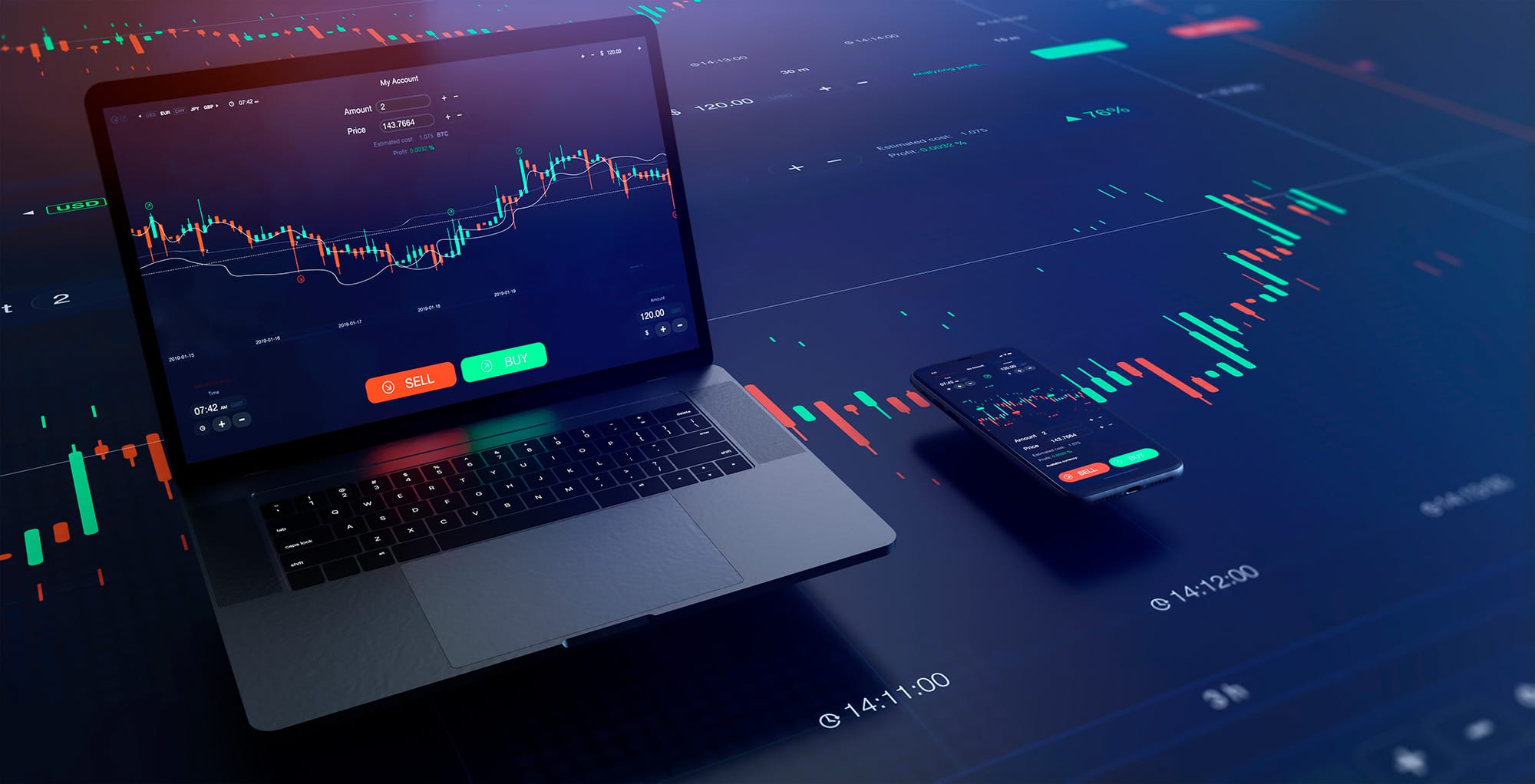Forex trading is the most exciting dynamic market, offering plenty of opportunities to profit. However, a critical decision the trader must make is whether to adopt a long-term or short term trading strategy. Both methods have advantages and disadvantages; traders can make informed decisions about their goals and risk tolerance based on these factors. This article will consider the merits and demerits of long-term and short-term forex trading.
Understanding Short-Term Forex Trading
In Forex trading in short term, the positions are held for minutes to hours. This type of trading is mainly adopted by those traders who primarily work based on technical analysis involving charts, patterns, and indicators that define short movements in the markets. Here are some pros and cons of short-term forex trading:
Advantages of Short-Term Forex Trading
Quick Profits: The short-term trader aims to profit from the slightest movement in stock prices. It involves entering and exiting a position quickly so that small profits netted out will turn into massive profits someday.
More Trading Opportunities: Short-term trading provides market traders numerous opportunities to enter and exit throughout the day. This will be highly useful to people who enjoy active trading and quick trades.
Volatility Fit: One way in which short-term trading can be effectively conducted is in volatile market conditions. None can predict price fluctuations, but traders can reap significant benefits from a short-term price swing because, in this duration, they can profit from upward and downward movements alike.
Disadvantages of Short-Term Forex Trading
Higher Stress Levels: With short-term trading, you must constantly monitor the market, make quick decisions, and react quickly to price changes. This could eventually mean higher levels of pressure and might not be appropriate for people who cannot bear the pressure.
Higher transaction costs: Because short-term trading is frequent, the associated costs, such as spreads and commissions, will increase. These costs lower profit and might be a positive factor when choosing a short-term trading strategy.
Emotionally Draining: Short-term trading can be emotionally draining, for traders need to make prompt decisions based on technical indicators and impulsive emotions, thus affecting their trading performance.
Understanding Long-Term Forex Trading
Long-term forex trading is a type of trading in foreign exchange where one holds onto positions for an extended period, usually weeks, months, and even years. In most cases, such traders will use the fundamental analysis of looking at the economic indicators, geopolitical events, or policies to determine a central bank and then establish a long-term trend with the help of forex trading platforms. Here are some of the pros and cons associated with long-term forex trading:
Advantages of Long-Term Forex Trading
Less Stress: With long-term trading, traders can circumvent the stress and pressure of short-term price fluctuations. It allows one to see the big picture, not be biased by temporary market noises, and, hence, allow greater rationality in trading decisions.
Larger Profits Potential: In long-term trading, one can maximise exposure to relevant market movements to realise more significant profits than in short-term trading. The method helps holders of the trend ride and maximise gains.
Less Time-Consuming: There is no need to check the market or make lightning-fast decisions constantly. It is, therefore, more suitable for people with other commitments or preferring a non-aggressive trading style.
Disadvantages of Long-Term Forex Trading
Greater Risk Exposure: Keeping traders exposed to markets for extended periods exposes them to probable market risks, such as unpredictable news events or economic downturns. That is to say, one would have to be morally and otherwise prepared to see probable drawdowns and have risk management strategies in place.
Reduced Trading Frequency: Long-term trading has been viewed as having fewer trades than short-term trading. This means traders may experience few opportunities to gain from the market, especially during turbulence.
Long-term Trading Requires Patience: A trader must hold through short-term price changes without being seduced into making an untimely exit. This can also prove challenging for people in specific categories looking for speedy results.
Choosing the Right Time Frame for Your Investment Goals
Choosing the appropriate time frame for your trading is determined by your goals as an investor, your trading style, and personal preference. Here are some considerations which have to be made in arriving at this decision:
Risk Tolerance: Traders with a higher risk tolerance will be more appropriate for long-term trading since one holds trades for a relatively long period and must be prepared for possible drawdowns in performing the trade. In comparison, short-term trading calls for quick intraday decisions. Hence, it may suit those traders who can stand up to the pressure of intraday trading.
Time Commitment: Long-term trading requires much less time and effort, making it more suitable for traders with a limited amount of time. Long-term trading may be the preferred alternative if you have a full-time job or other commitments. On the other hand, short-term trading involves constant observation of the market and may only suit people with little time on their hands.
Investment Goals: Consider your investment goals and how much time you have to reach them. If your goals are long-term, like retirement or funding your children's education, they will fit the long-term trading strategy. If you have short-term goals, such as generating an income or building up a trading account, they will be more in sync with short-term trading.
Trading Style: Consider the kind of trader you are and what suits you. Do you like to be easy and concerned most about fundamental factors, or are you the type of trader who comes alive, energized by dynamic and intense trading environments? Knowing your trading style, online forex brokers can help you decide the proper timeframe for your trades.
The Bottom Line
The best time frame to trade forex, concerning your investment goals, is harnessed by several factors. The long-term trading view thus helps one stay on insignificant movements of price and basks in the power of fundamental analysis, whereby short-term trading opens the opportunity to trade while reaping the benefits of technical analysis.
Consider your risk tolerance, time commitment, investment goals, and trading style to determine which time frame best fits your needs. Remember that there is no one-size-fits-all approach, and it may be good to try both time frames to know which one best helps you.





